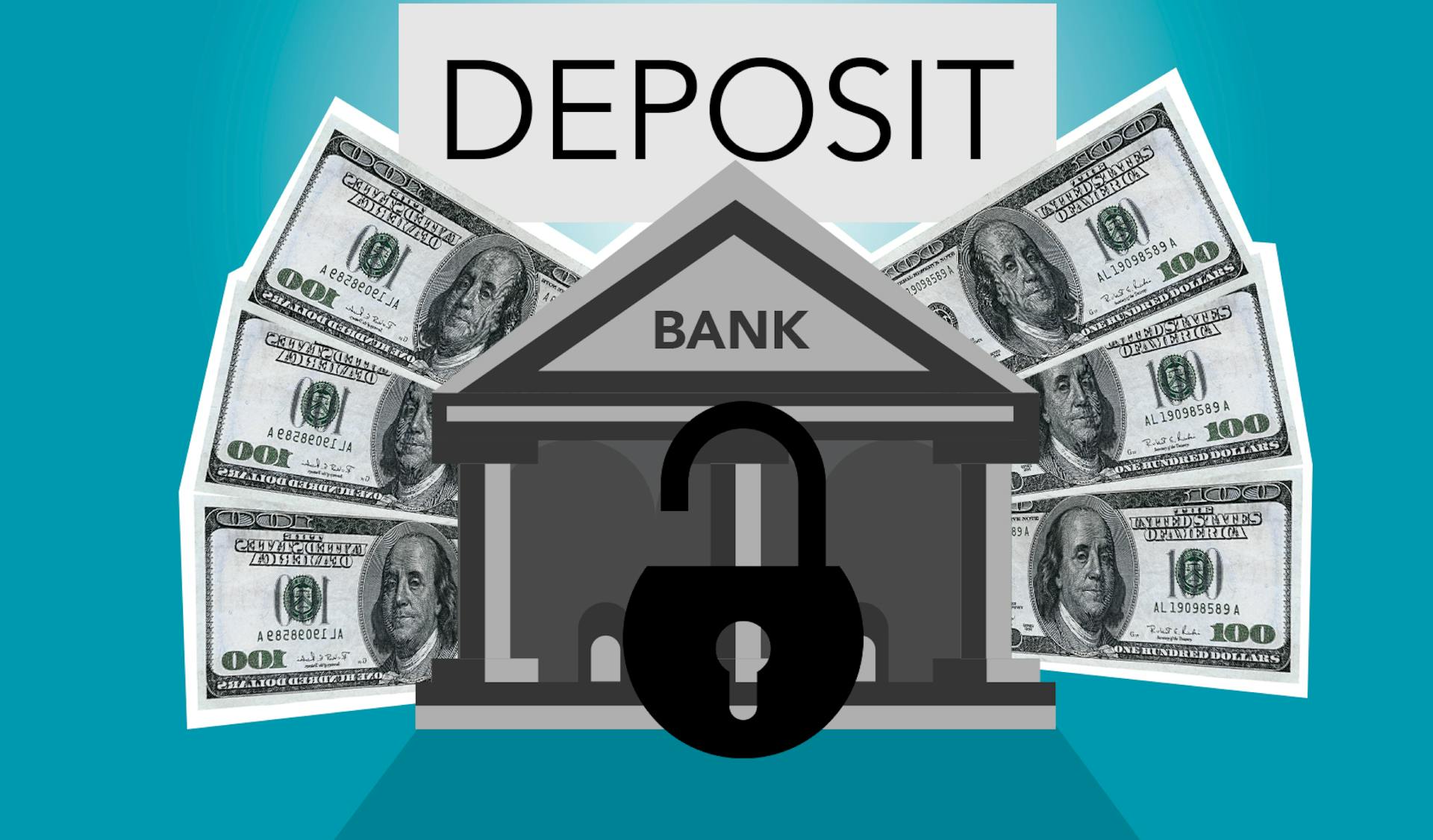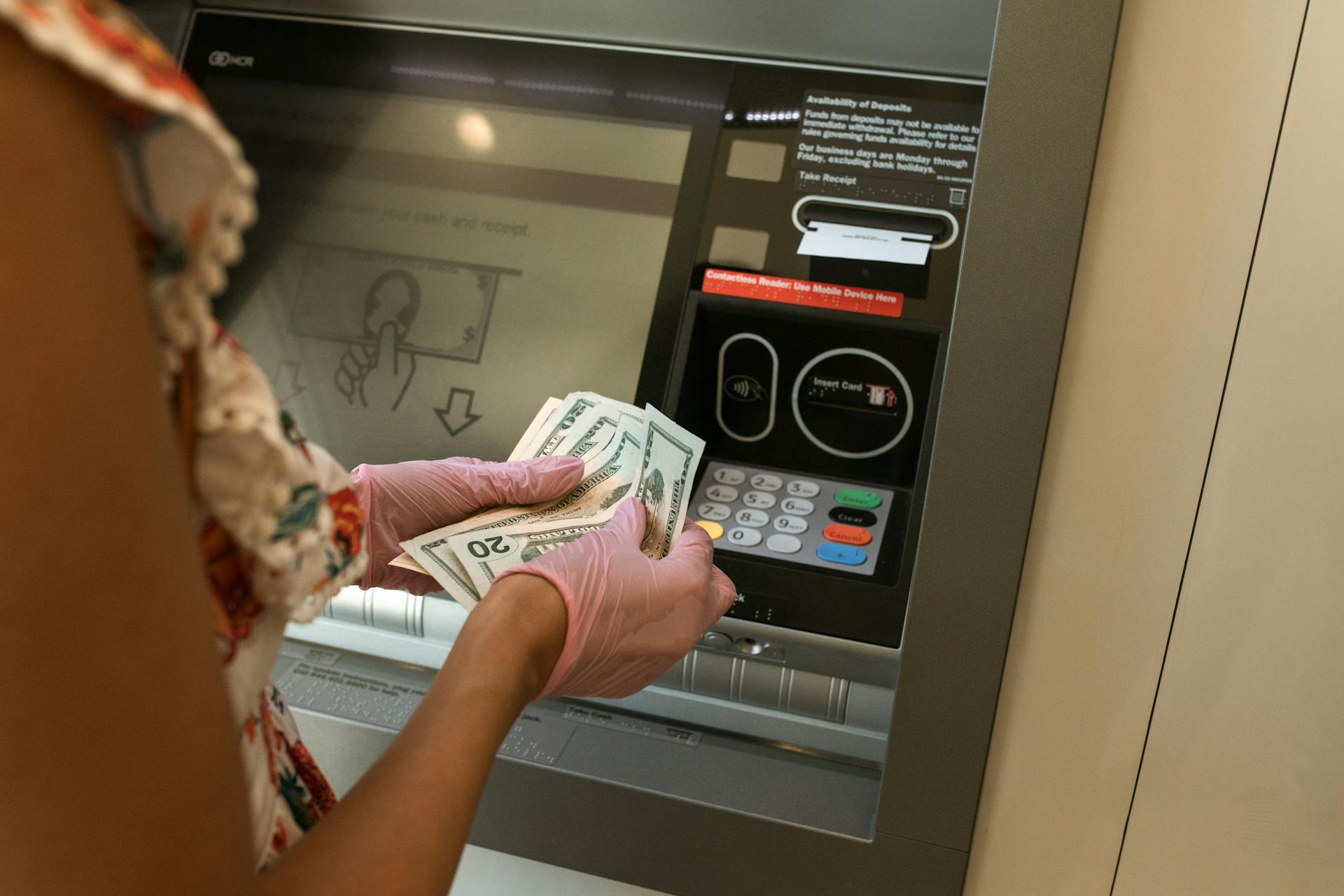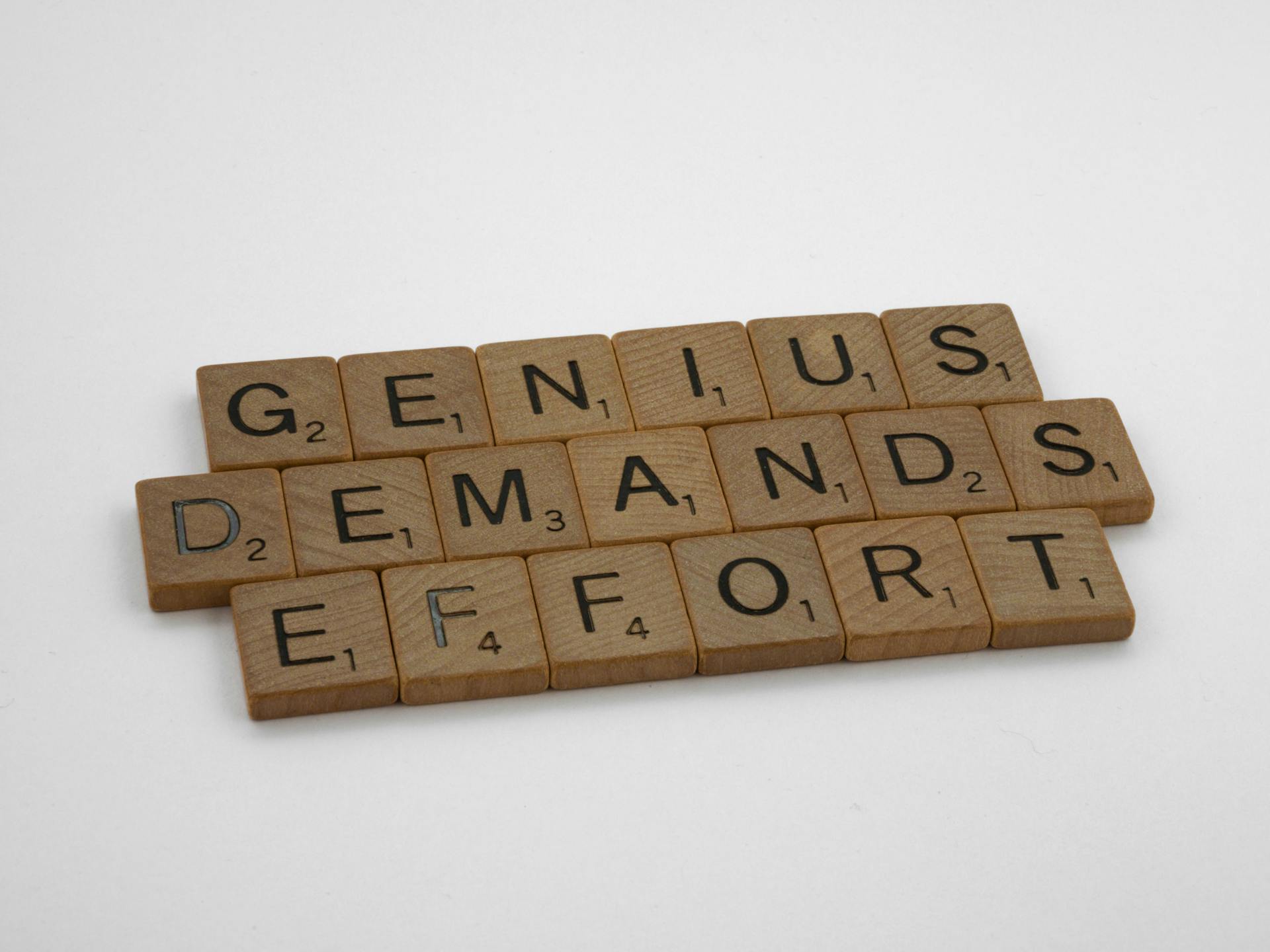
Savings accounts and time deposits are two popular options for saving money, but they have distinct features and rates that can impact your savings goals.
A savings account typically offers easy access to your money, with the option to withdraw funds at any time, while a time deposit requires you to keep your money locked in the account for a specified period.
The interest rates on savings accounts and time deposits can vary significantly, with time deposits often offering higher rates for longer terms.
Time deposits usually come with penalties for early withdrawal, which can eat into your interest earnings.
You might like: Coupon vs Interest Rate
What Are High-Yield Accounts?
High-yield accounts are a type of savings account that offers a higher interest rate compared to traditional savings accounts.
Some high-yield savings accounts are offering over 5% interest, whereas the national average APY on traditional savings accounts is just 0.40%.
The interest rate that these accounts offer is noted as APY, or annual percentage yield, which affects how much interest you'll earn.
For more insights, see: Offshore Savings Accounts
A higher APY means you'll earn more on your savings account balance, so it's essential to shop around before committing to an account.
High-yield savings accounts allow you to earn interest on your money while still having access to your cash when you need it.
You can also continue to make contributions to the account regularly to grow your balance and amount of interest earned even faster.
It's essential to note that the APY offered by savings accounts can change at any time, in accordance with the Federal Reserve changing its benchmark interest rate.
Intriguing read: Saving Accounts Explained
What Are CDs?
CDs are a type of account that allows you to deposit money to earn interest on your balance. They can offer a higher APY compared to high-yield savings accounts.
With a CD, you need to keep your money locked into the account for a specified amount of time, known as the term length. Term lengths range between three months and five years.
Suggestion: How Does Borrowing against Your Own Money Work
The interest rate offered by a CD stays the same throughout the entire term, which can be a good thing if you open an account before the rate drops. However, this means you can't make additional contributions to the CD after opening the account and making an upfront deposit, unless you choose a specialized CD option known as the add-on CD.
Here are some key pros and cons of CDs:
- Could offer a higher APY compared to high-yield savings accounts
- Can be FDIC-insured
- Generally considered a safe place to put your money
- Fixed interest rate for the entire CD term
- Early withdrawal penalty
- Typically can't make additional deposits
- Must keep your money locked up for the entire term
What Is a CD?
A CD, or Certificate of Deposit, is a type of account that lets you deposit money to earn interest on your balance.
CDs are similar to high-yield savings accounts, but with a key difference: you need to keep your money locked into the account for a specified amount of time, known as the term length.
The term length can range from three months to five years, and the longer the term, the more interest you'll typically earn.
Worth a look: Ally Bank Money Market vs Savings
You should avoid trying to access your money before your term ends, or you'll get hit with an early withdrawal penalty.
The penalty fees can vary depending on your bank or credit union, but usually amount to the interest earned, or the interest that you would have earned, over a certain number of days or months.
With CDs, the interest rate you lock in when you make a deposit stays the same throughout the entire term.
Here are some key benefits of CDs:
- Could offer a higher APY compared to high-yield savings accounts
- Can be FDIC-insured
- Generally considered a safe place to put your money
- Fixed interest rate for the entire CD term
And here are some potential drawbacks:
- Early withdrawal penalty
- Typically can't make additional deposits
- Must keep your money locked up for the entire term
Synchrony Bank CDs
Synchrony Bank CDs are a great option to consider when looking for a CD. They offer APYs ranging from 0.25% to 4.25%, making them a competitive choice.
One of the standout features of Synchrony Bank CDs is the flexibility in term lengths, ranging from 3 months to 60 months. This allows you to choose a term that suits your needs.
You won't have to worry about minimum balance requirements or monthly fees with Synchrony Bank CDs. This can be a big advantage if you're looking to keep your finances simple.
Take a look at this: Different Types of Bank Deposits
However, it's worth noting that you can't access your money before the CD term ends, and there may be an early withdrawal penalty if you do. This is a common feature of CDs in general.
Here are some key benefits of Synchrony Bank CDs at a glance:
- APYs ranging from 0.25% to 4.25%
- Term lengths from 3 months to 60 months
- No minimum balance requirement
- No monthly fee
- Offers CD options to raise your APY, withdraw with no penalty and save for retirement
Time Deposits vs Savings
Time deposits, also known as certificates of deposit, pay a much higher interest rate than savings accounts but require a minimum deposit and tie up your money for a set period of time.
The interest rate on time deposits is largely determined by the prime lending rate, which is influenced by the federal funds rate set by the Federal Reserve Board. This means that time deposit rates can fluctuate over time.
In the United States, the most popular time deposits have historically been for one, two, or five years, but you can lock your money up for up to 30 years.
Time deposits are known by different names in other countries, such as term deposits in Canada and fixed-term accounts in Ireland.
If you're looking for a safe and low-risk option for your savings, time deposits can be a good choice, especially if you have excess cash that you don't think you'll need for a while.
However, if you need ready access to your money, a savings account may be a better fit.
What Is a High-Yield Account?
High-yield accounts are a type of savings account that earns a higher interest rate compared to traditional savings accounts.
Some high-yield savings accounts offer over 5% interest, whereas the national average APY on traditional savings accounts is just 0.40%. This means your money can grow even faster as it sits in your account.
The interest rate is noted as APY, or annual percentage yield, which indicates how much interest you'll earn on your balance. The higher your APY, the more interest you'll earn and the faster your money will grow.
You can continue to make contributions to the account regularly to grow your balance and amount of interest earned even faster. This is a great option if you want to save money over time.
Banks offer high-yield savings accounts to attract more depositors, just like they do with call deposits. By offering a higher interest rate, banks can entice people to keep their money in their accounts.
Time Deposit
A time deposit is a type of savings account that requires you to keep your money locked in for a set time frame, typically ranging from a few months to 30 years.
You can expect to earn a higher interest rate with a time deposit, but be prepared to sacrifice liquidity and face penalties for early withdrawal.
Time deposits are also known as certificates of deposit (CDs) and are often used by investors who want to save for a specific goal, like a down payment on a house.
The term of a time deposit can vary, but popular options in the US are typically one, two, or five years.
Time deposits are FDIC-insured, just like savings accounts, which means your money is protected up to $250,000.
If you need access to your money before the term ends, you may be able to withdraw it, but be prepared to pay a penalty fee.
The interest rate on a time deposit is usually tied to the prime lending rate, which is set by the Federal Reserve Board.
The longer you agree to keep your money locked in, the higher the interest rate and the longer you'll have to wait to access your funds.
Time deposits are a low-risk investment option, but they may not be the best choice for emergency funds or everyday spending money.
In some countries, time deposits are known by different names, such as term deposits in Canada or fixed-term accounts in Ireland.
A fixed deposit account is similar to a time deposit, offering guaranteed returns and tax breaks, but with limited fund access and potential penalties for early withdrawal.
Suggestion: Moneylion Deposit Funds
The flexibility of investment tenure is a key benefit of fixed deposit accounts, with terms ranging from a few days to 10 years.
You can expect to earn higher interest rates with longer-term fixed deposit accounts, but be prepared to sacrifice liquidity and face penalties for early withdrawal.
The interest earned on a fixed deposit account is normally tax-free, making it an attractive option for those who want to minimize their tax liability.
However, the account holder may not have direct access to the funds until the stipulated tenure ends, and may face penalties for early withdrawal.
Intriguing read: Fixed Deposit Savings Account
Sources
- https://www.cnbc.com/select/high-yield-savings-account-vs-a-cd-whats-the-difference/
- https://thebusinessprofessor.com/economic-analysis-monetary-policy/savings-demand-and-time-deposits-explained
- https://www.icicibank.com/blogs/fixed-deposits/difference-between-fixed-deposits-and-savings-accounts
- https://lifeinsurance.adityabirlacapital.com/articles/savings-insurance/fixed-deposits-vs-savings-account/
- https://www.investopedia.com/articles/personal-finance/122013/where-put-your-cash-call-deposit-vs-time-deposit-accounts.asp
Featured Images: pexels.com


